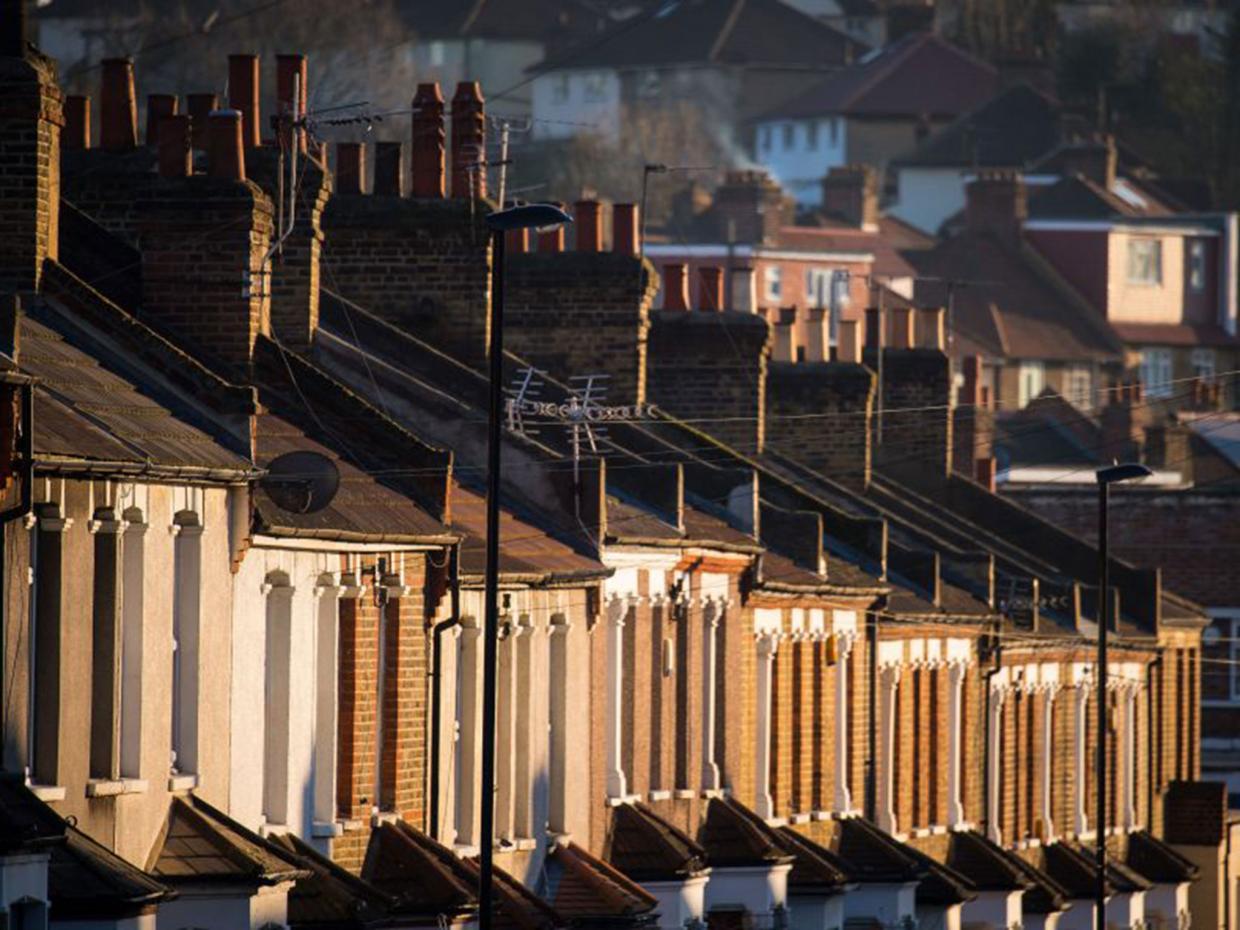Whisper it, but rents in London are starting to fall, and it’s all because of Brexit. It won’t show up on the official figures yet – the latest releases are just as gloomy for Generation Rent as any other in the last five years – but estate agents and those who are hunting for a new tenancy will tell you that the shift has already begun.
Across the country the picture is less complicated. According to the HomeLet Rental Index, the average cost of a private rented tenancy outside London rose by 3.5 per cent to £773 per month for new tenancies in the three months to 2016. Prices rose in almost every area of the country. But, again, these figures don’t account for the post-Brexit period; they’re not telling the whole story.
Even before the vote to leave the EU at the end of June the mood in the property market was changing. Yields for buy-to-let properties in London have started to shrink, now at 3 per cent, with only the South West, at 3.6 per cent, performing, according to Your Move and Reeds Rain. That’s not really a surprise; as house prices in the capital rose, the profit gap slims, and though demand is still high and growing in London we may now be close to reaching the peak of affordability in the large majority of the rental market, particularly as wages stagnate and the number of first-time buyers grows as employment also picks up.
And now Brexit is taking its toll, just as predicted. Estate agents report more rental properties joining the market, likely because of reluctance to sell during this period of political and economic instability, which of course has an impact on asking prices. Take a look at homes for rent on the two most popular property search websites, Zoopla and Rightmove, and you'll find that in every borough of London the number of properties in the “most reduced” category is growing – a situation unthinkable some months ago.
The Lexiteers are starting to celebrate, for this is exactly what they’d predicted and hoped for – but it’s far too early to pop the champagne corks. A drop in the cost of rent, particularly for those living in inner cities, sounds like good news for people stuck in affordable shared housing with no chance of saving a deposit towards a home of their own, but it’s the very definition of a false economy. Here’s why.
Thanks to Brexit, fewer people are selling their properties while they wait to see what happens in the market. That means that, while there are more properties available to rent as reluctant landlords decide to let instead of sell, the market has stopped moving. When the market stops moving, builders stop building; they choose to bank their land instead until they can be sure of a considerable profit instead. That means there are no new properties for buyers to move into, first-timers can’t move into their second home, and the chance of a first-timer making that crucial step onto the ladder actually goes down.
When there are fewer properties available at the bottom of the market – both because development has stalled and because sellers are no longer doing so – the competition it creates makes things altogether tougher for buyers. Mortgages become harder to secure; the expectations of the buyer rise; that deposit you’d saved simply doesn’t cut it anymore.
At the very top of the market in London, these conditions do cause a significant price drop – but the top of the market in London, for example, contains properties worth £50m each. This is not a reason to celebrate for the majority of renters.
The post-Brexit political crisis and the economic uncertainty it has caused is affecting house prices, particularly the price of rent. It’s rare to hear me agreeing with Cameron, but I couldn’t help but nod along when he said during his final Prime Minister’s Question Time that, though his Government had tried to intervene, when it comes to improving people’s chances of finding an affordable home, “the absolute key is a strong economy”.
Lower rent in London might slightly ease the cost of living for hundreds of thousands of households, but it won’t make it easier to get on the housing ladder – and it isn’t the first sign of a cure to the housing crisis after all.


